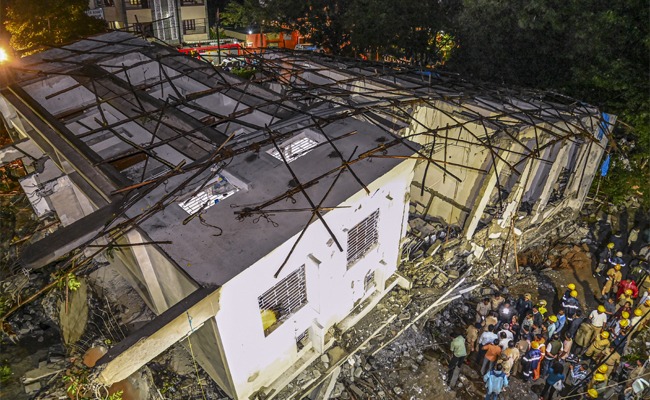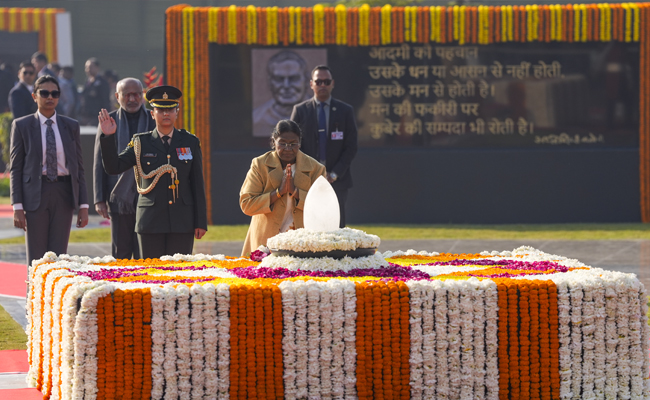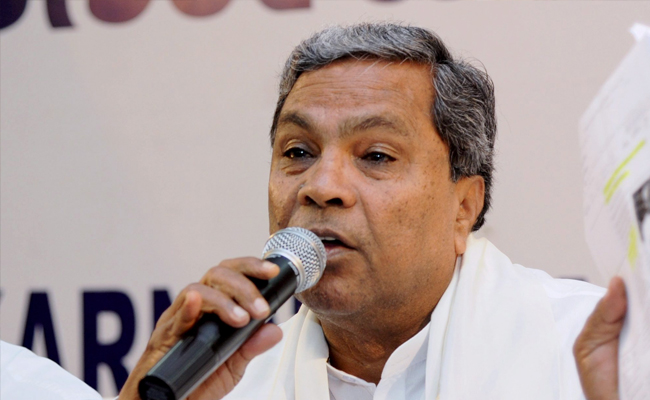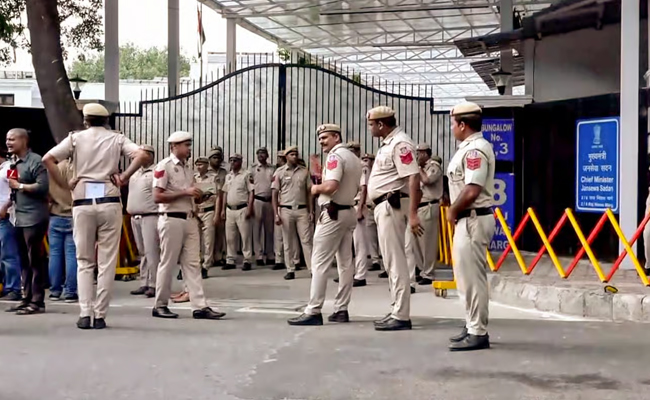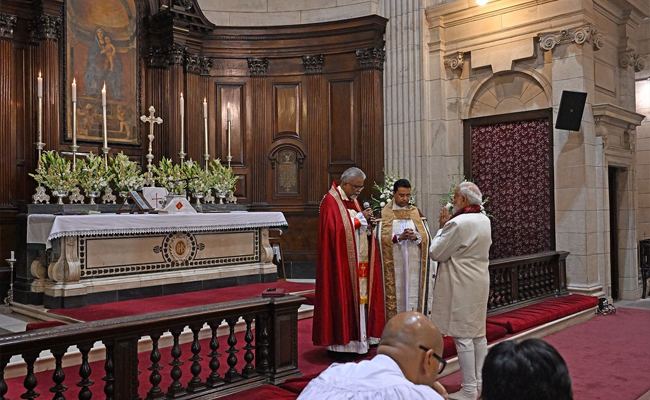Bengaluru: Bengaluru has reported 707 cases of death by negligence since 2020, yet only two of these cases have resulted in convictions, highlighting significant challenges victims face in seeking justice.
Data accessed by the Deccan Herald revealed that 378 cases are currently under trial, 155 are under investigation, while 135 have been closed due to “false reporting” and 62 resulted in acquittals.
These negligence-related deaths were related to substandard civic infrastructure, roads, rain-related incidents, electrocution, factory accidents, among others. Alarmingly, 10-15 percent of these cases each year pertain to negligence involving civic agencies.
Under the Indian Penal Code (IPC), death by negligence was punished with two years’ imprisonment, a fine, or both. Under the Bharatiya Nyaya Sanhita (BNS), the punishment has been increased to five years’ imprisonment, a fine, or both.
The recent collapse of an under-construction apartment building in Bengaluru on October 22, which claimed at least nine lives, drew significant attention and led to a quick police case. However, in many negligence cases, even filing a police complaint can be a struggle.
A police officer investigating the Babusapalya case noted that in cases where a single labourer is killed, the victim’s family often opt for “settlement” with the accused due to their poor financial situation. “A large number of cases marked as false reporting are also the result of such settlements. Complainants either don’t cooperate during evidence gathering or just withdraw the case,” the officer was quoted as saying by DH.
In many instances, “settlement” cases are ultimately categorised as Unnatural Death Reports (UDRs), primarily involving fatalities at construction sites and factories. According to the officer, proving a case of death by negligence is complex and requires extensive technical work.
Saidulu Adavath, Deputy Commissioner of Police (North), explained that the word ‘negligence’ has not been well-defined, therefore making careful investigations essential. He told the news outlet that when a complainant alleges negligence, there is a need to establish the acts that are actually negligent and then proceed with technical analysis to prove them. “Even a minor hiccup can cause the case to falter,” he added.
According to the latest data from the National Crime Records Bureau (NCRB), Bengaluru has emerged as the leading metropolitan city for deaths due to negligence from civic bodies.
Let the Truth be known. If you read VB and like VB, please be a VB Supporter and Help us deliver the Truth to one and all.
New Delhi (PTI): President Droupadi Murmu, Vice President C P Radhakrishnan and Prime Minister Narendra Modi were among the dignitaries who attended a prayer ceremony at 'Sadaiv Atal', the memorial of former prime minister Atal Bihari Vajpayee, on Thursday to pay tributes to him on his 101st birth anniversary.
Former vice president M Venkaiah Naidu, Lok Sabha Speaker Om Birla, Union Ministers J P Nadda, Nirmala Sitharaman, NDA ally JD-U leader and Union Minister Rajiv Ranjan Singh, several other ministers, MPs, Delhi Chief Minister Rekha Gupta, and BJP working president Nitin Nabin were among those who attended the event.
ALSO READ: Karnataka accident: Proper investigation will be conducted to find out cause, says CM
In a message, the prime minister said Vajpayee's personality, work and leadership will continue to be a guiding light for the all-around development of the nation. He said Vajpayee dedicated his entire life to good governance and nation-building.
"He will always be remembered as a brilliant orator as well as a spirited poet. Vajpayee's personality, work and leadership will continue to be a guiding light for the all-around development of the nation," PM Modi said.
Vajpayee was born on this day in Gwalior in 1924 and passed away in New Delhi on August 16, 2018. The government observes his birth anniversary as Good Governance Day.
The BJP marked the day by its leaders commemorating Vajpayee's legacy in nationwide events. Its chief ministers, Union ministers and MPs, besides organisational leaders, are part of these programmes held across the country.
Vajpayee, India's 13th prime minister, served the country for three terms between 1996 and 2004.
He is known for his valuable contribution to India's economic growth. The 'Operation Vijay', commonly known as the Kargil War, was fought against Pakistan and won during his tenure as prime minister. He made India a nuclear weapons power.
He had a distinguished four-decade parliamentary career, was elected nine times to the Lok Sabha and twice to the Rajya Sabha.
Rising from humble beginnings in Gwalior (Madhya Pradesh) to the post of prime minister, he received the Padma Vibhushan in 1992 for his selfless dedication to the nation and was conferred with Bharat Ratna, India's highest civilian honour, in 2015.
Vajpayee championed democratic ideals, women's empowerment, and social equality.
As prime minister, he prioritised good governance and economic development, building national highways, rural roads, expanding telecom, and improving infrastructure.

